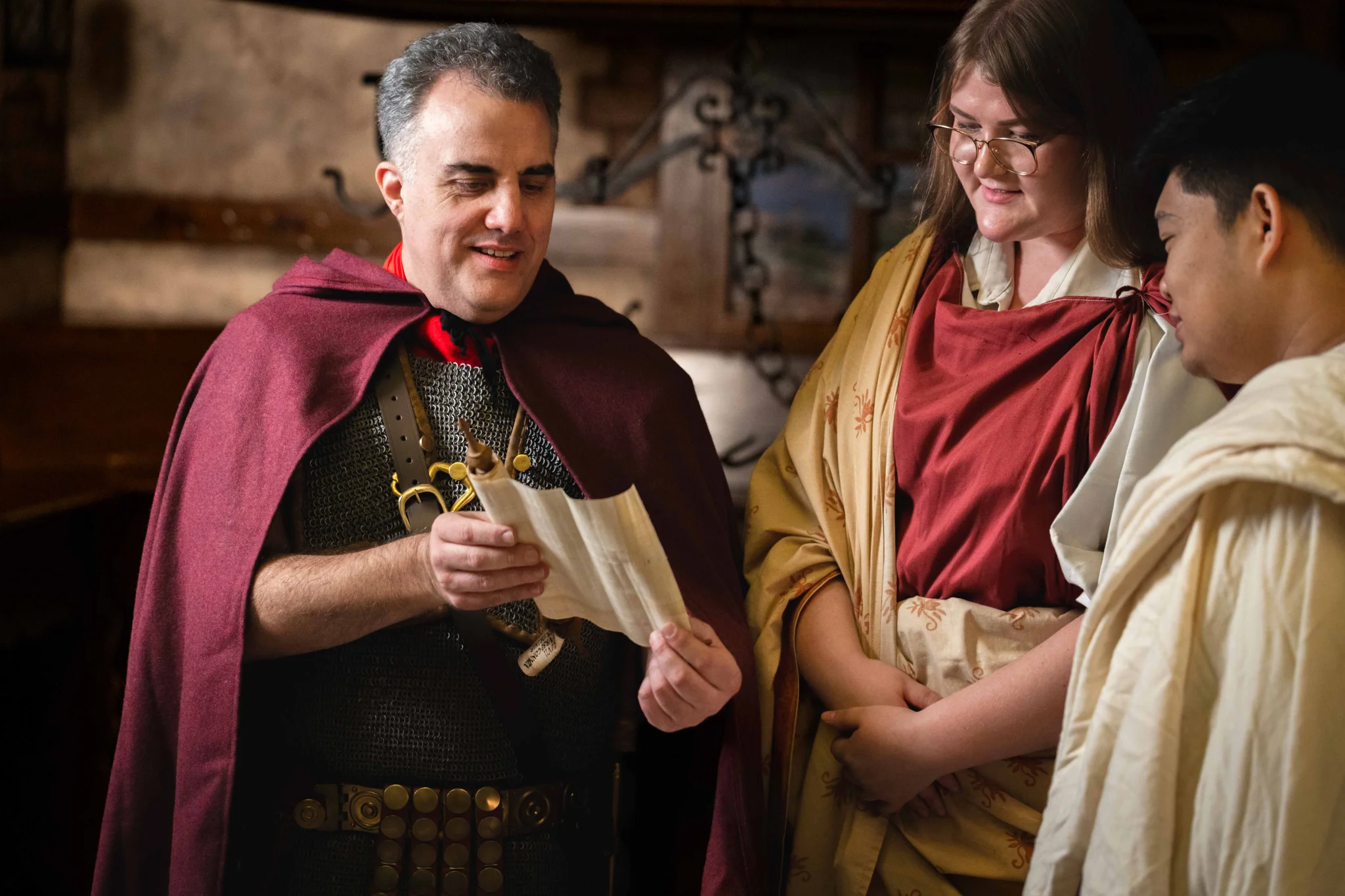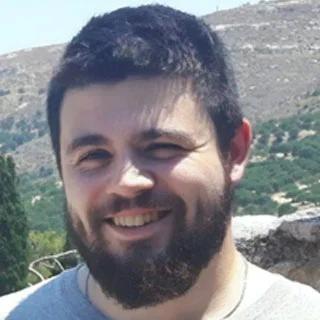
Program Overview & Highlights
- Honours 4-Year Program
- Combined Honours Programs Available
- B.A.
We bring ancient history to life in a program that would make Indiana Jones jealous. Travel to Greece to take part in an archeological dig, visiting famous landmarks and experiencing history first hand. You’ll learn about every aspect of Greco-Roman antiquity — language, literature, art, architecture, philosophy, politics, science, medicine, myth and religion — in a close-knit department with professors who care about your success. The critical thinking and communication skills you’ll acquire will serve you in a wide variety of in-demand careers in Canada and abroad.
Learn More About Our Program
What Lancers Are Saying

Jeffrey Masse
StudentGreek and Roman Studies with Minor in Philosophy
Admission Requirements
High School Student from Canada
Course Requirements: English/ENG4U (min. avg. 60% [70% for Fall 2026])
Minimum Average: 70%
High School Student from Outside Canada and the United States (International)
Course Requirements: Grade 12 English
Minimum Average: 70%
Language Requirements
To review the most up-to-date information on Language Requirements: See language requirements.
Academic Calendars
Career Tracks
- Archivist
- museum director or curator
- documentarian
- historical consultant
- journalist
- librarian
- business advisor
- conservator
- curator
- demographer
- documentarian
- editor
- historical consultant
- journalist
- language advisor
- lawyer
- marketing manager
- media analyst